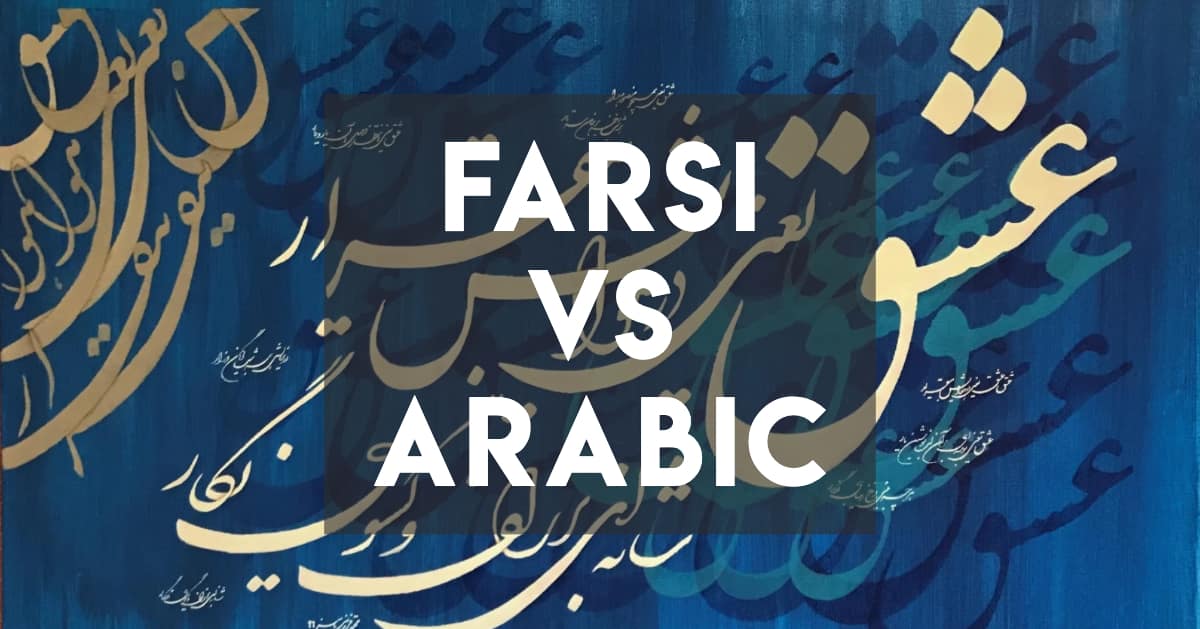Introduction to the Quran –
Revelation, Compilation,
Memorization & Preservation
Revelation, Compilation,
Memorization & Preservation
 Originally published on 7/12/20 on Quora and can be accessed here. It is true that Quran carries many words that are similar to Persian sounding words which led towards the belief by many that Quran may have borrowed those words from Persian language and Arabicized them. Apparently this may sound true when comparing those words between Arabic and Persian but when one researches deeper in to this matter, its revealed that it actually, may be Persian language and culture that borrowed Arabic terms and Persianized them, and not the other way around. Below are discussed some of the famous Arabic terms in the Quran that are also found in Persian language. The word “paradise” comes from Greek parádeisos which originates in Persian from Avestan (Zoroastrian scripture) pairidaēza meaning “enclosure, park”. It is commonly understood that Al Firdaws (Al Quran 23:11 and 18:92), the highest place in Jannah which contains everything, is Arabicized form of pairidaēza. But there is a disagreement among Islamic scholars from early Islam that Quran contains any Arabicized words, they claim all words are originally Arabic. This may be true of Al Firdaws also because paradise is actually called Jannah in Quran and then you have other grades called Al Khuld, illiyyin etc. So Quran refers to each place in paradise with a term based on the honor and pleasures, entertainment etc and Al Firdaws is one of them. Another term in Quran hijarah min sijjil (Al Quran 11:82) meaning “stones of burned or dried clay” where sijjil meaning “baked or burned clay” is said to have come from Persian sangi gil which means "clay-stone" or "petrified clay" however sijjil is not only “dried clay” or “burned clay” but sijjilun in Arabic also means "a writing", and secondarily, "something that has been decreed" and hijarah min sijjil can mean “stones that are decisively decreed” as a punishment to Prophet Lot’s (Lut) people, and sangi gil does not have a vast meaning. At another place Quran mentions the word matar (Al Quran 26:173) meaning “rained upon them” where matar is a rain of punishment as opposed to rain called rahma (mercy) in other places in the Quran, for Lot’s people, as a punishment in reference to the lava stones or stones that rained on them. The term sundus (Al Quran 18:31) meaning “silk” in reference to garments of jannah (paradise) is also claimed to be of Persian origin. However, Quran does not only use that word but also uses the term istabraq (Al Quran 18:31) and hareer (Al Quran 22:23) for “silk” garments. These points are sufficient to doubt the fact that Quran borrowed Persian terms, in fact this points us that due to the large variety of Arabic terms that carry similar meaning, it may be that some were Persianized and used in Persian culture. References: Muhammad Asad - Message of the Quran - Chapter 98 Paradise | Definition of Paradise by Oxford Dictionary on Lexico.com also meaning of Paradise AS INFLUENCED BY IRANIAN IDEAS AND PRACTICES Lanes Lexicon
7 Comments
Ahmad
10/24/2021 01:58:25 pm
Why would the word for silk have been borrowed from Arabs when it came from China, east of Persia? How would silk have reached Arabia before it reached Persia?
Reply
Rey Behboudi
5/11/2022 12:05:43 am
I do agree with the point.
Reply
Zaid Shah
5/12/2022 02:07:13 pm
May be but may be not. The ancient origin of the Arabic language can be used to argue that Persian words may very well have Arabic origin.
Zaid Shah
5/12/2022 02:05:11 pm
What is silk in Farsi? If it came from China then shouldn't the term Silk have chinese root? What is that root? We need to realize that Arabic is an ancient language and it could be argued that it predates much of Farsi. Hence due to its ancient origin, it can be argued that Arabic words were taken by Persians.
Reply
Zaid Shah
5/12/2022 02:10:06 pm
Not to forget that Makkah was the center of trade in the Arabian Peninsula where Persians, Greeks, Chinese, Indians and their products and goods were traded yearly and all this pre-dates Islam. Hence Persians could've very well learned all this from Arabs. This can be argued...so one cannot be for sure that Arabs borrowed Persian terms because after all Quran is the word of Allah, His language he Spoke to and a heavenly word predates earthly languages.
Reply
Chris
3/21/2023 12:53:19 am
Your quran is complete hoax made by a fool, who copied everything and made into a book that's why it says quran is in clear arabic and also it contains greek and persian language. Your so called prophet doesnt know anything, only thing he know was copying, just accept and leave this cult, dont defend garbage.
Reply
Sam
6/19/2024 05:31:06 am
Calling others names, comes only from of an idiot, like you.
Reply
Leave a Reply. |
AuthorZaid Shah ArchivesCategories |